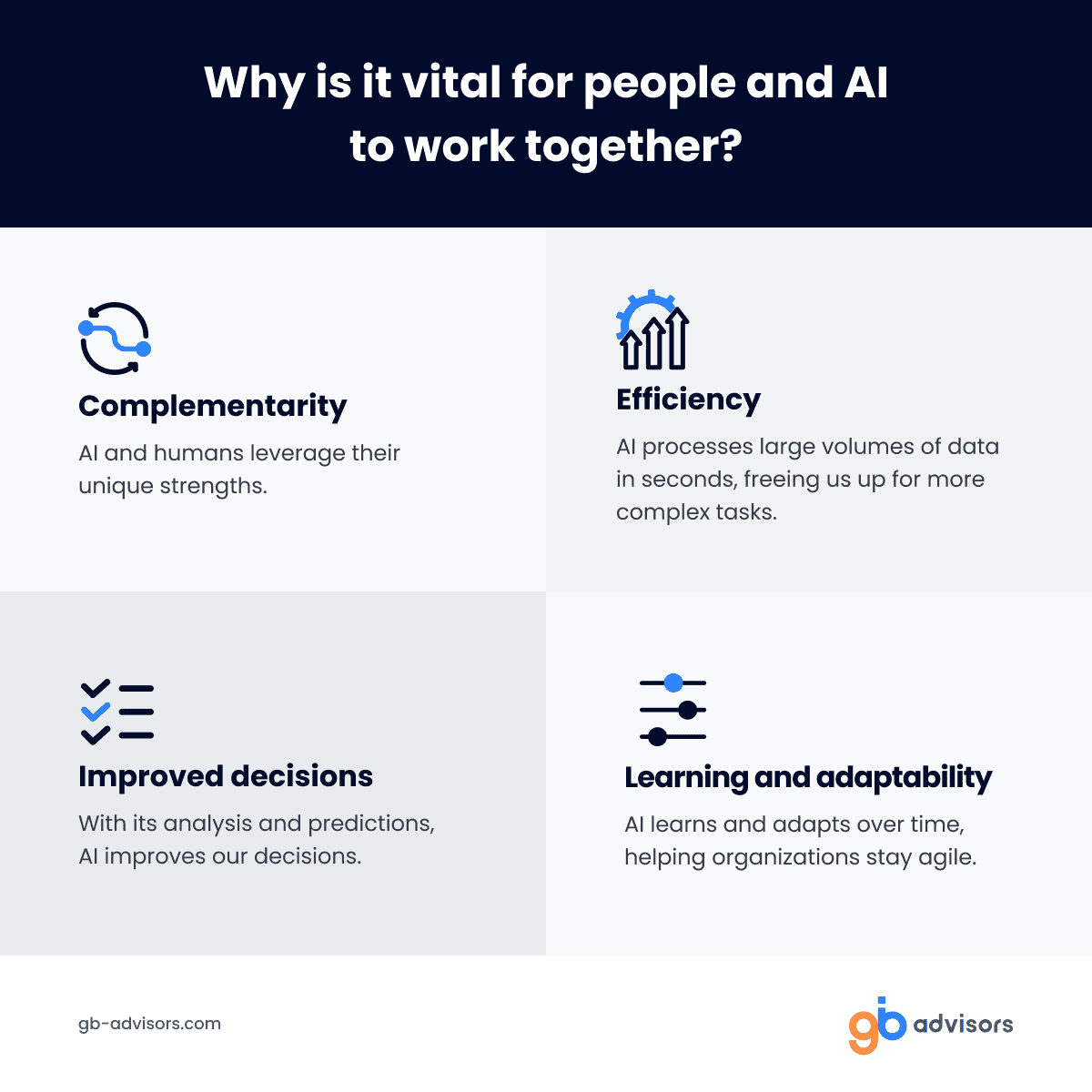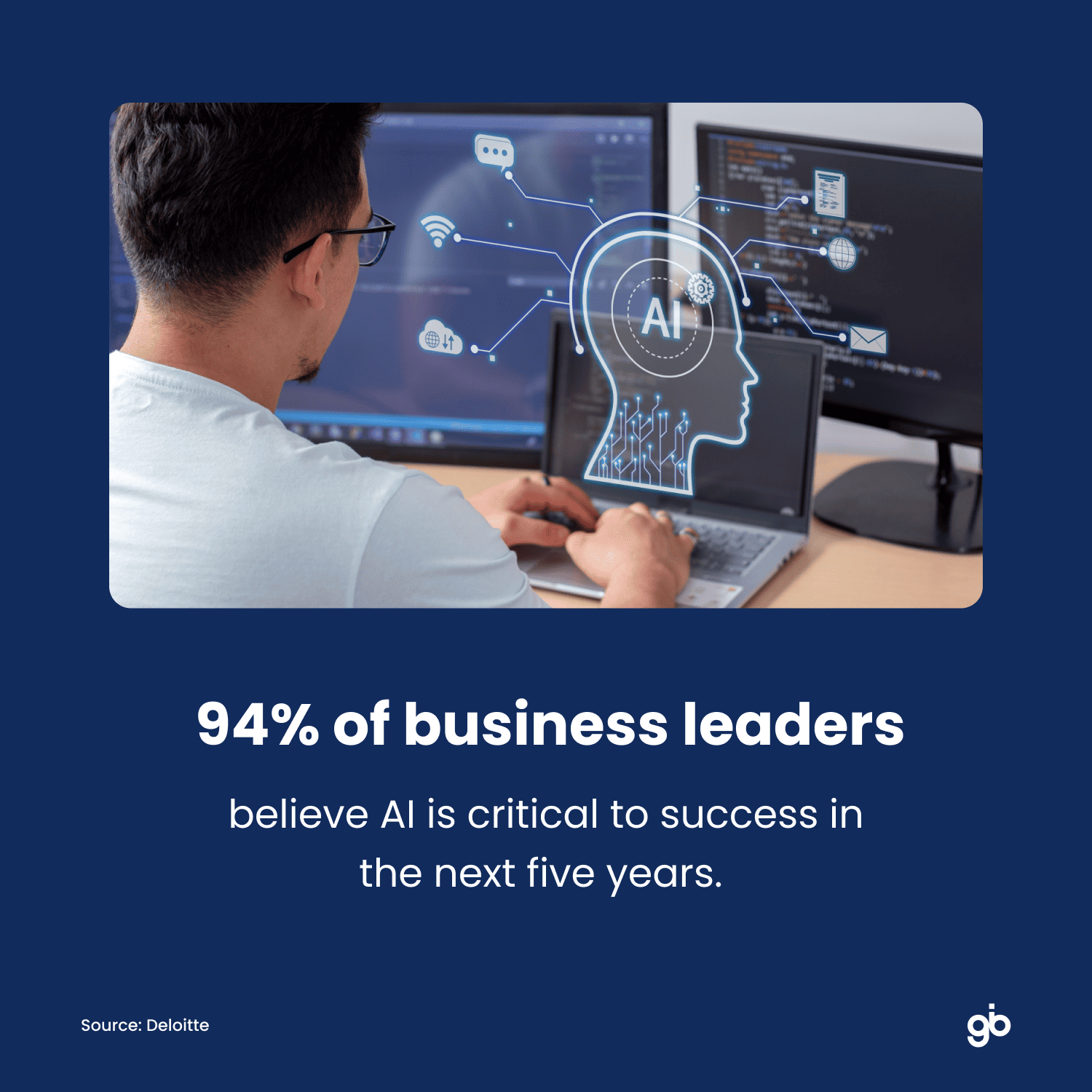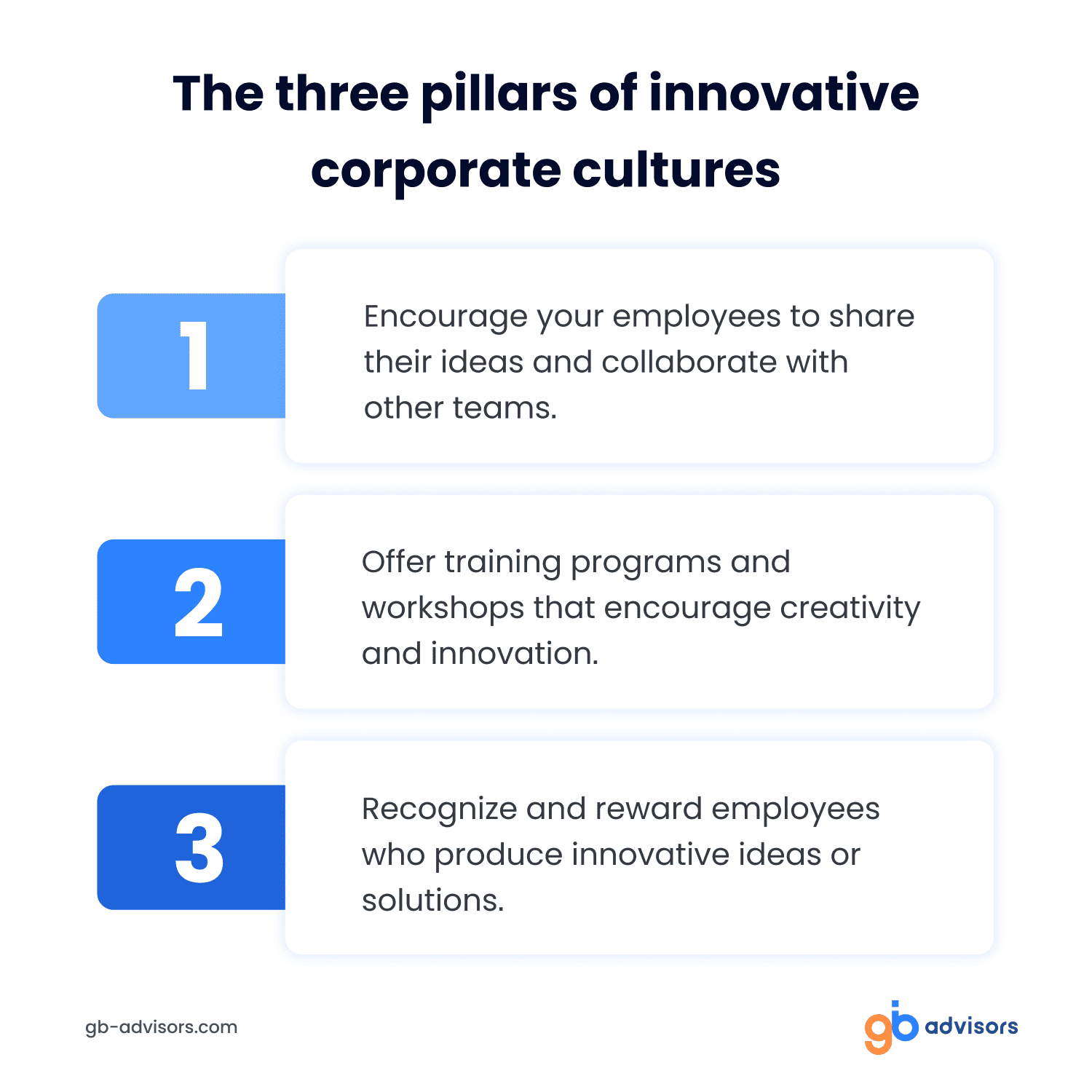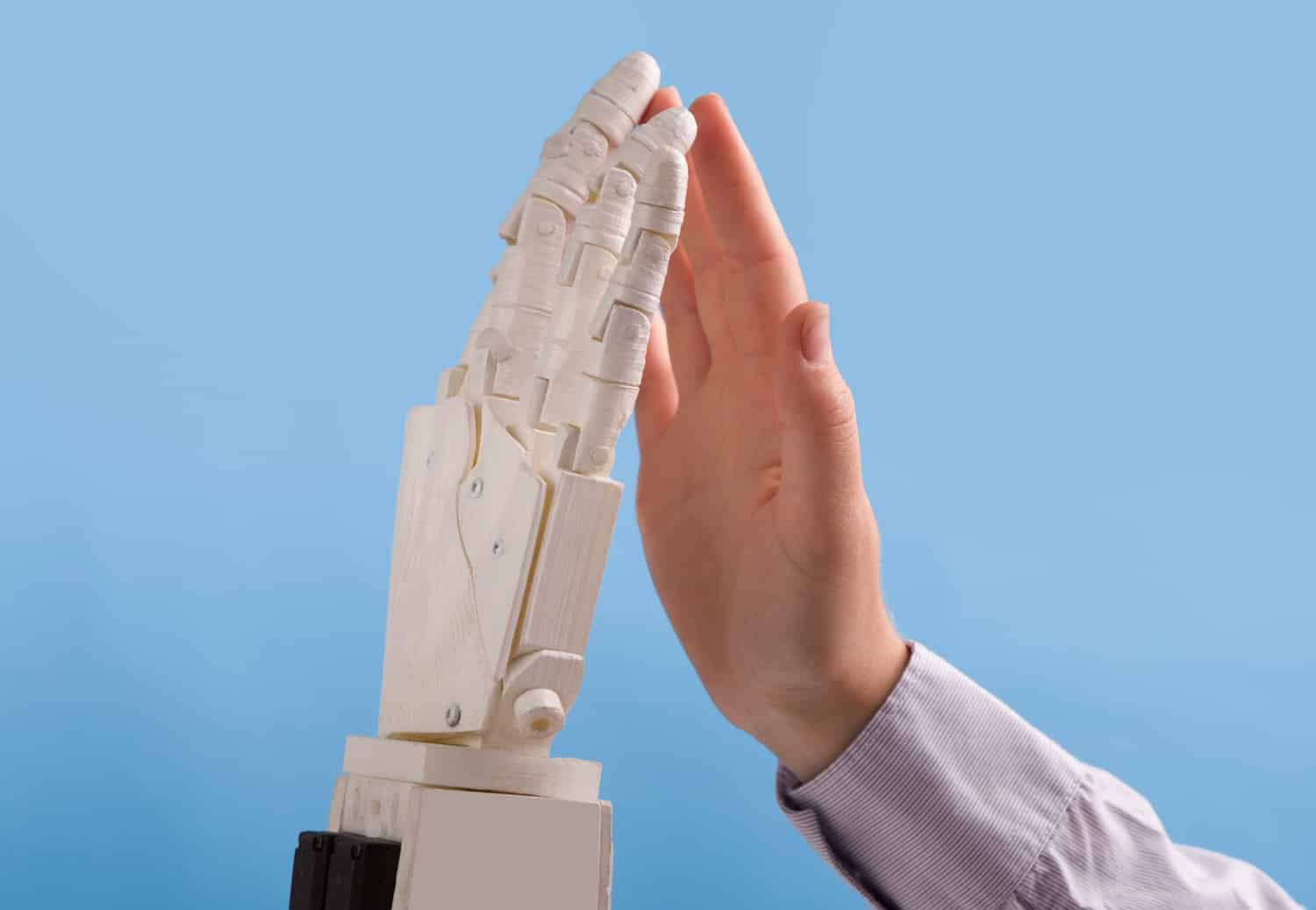Human-AI collaboration is increasingly necessary and is becoming the norm in the workplace. But is this collaboration always successful? How can we optimize this dynamic so that it delivers the expected results in the company?
The presence of Artificial Intelligence in the business world always promises great things: productivity, efficiency, and optimal results. And although these are not empty promises, the reality is that it is not an easy matter.
As always, there are many other variables that influence the collaboration between people and intelligent machines. In fact, a Deloitte “State of AI in the Enterprise” study notes that 47% of companies still say that AI generates fear or concern. This means that there are still challenges to overcome to achieve successful human-AI collaboration that does not threaten the well-being of employees.

The Impact of Automation and Artificial Intelligence on Workers’ Wellbeing
Undoubtedly, the impact of AI on daily work has multiple advantages. However, IG Metall, the most prominent trade union for workers in Germany’s metalworking industry, has observed an upward trend in occupational stress levels when new technologies are introduced without providing adequate training and information to employees.
In many situations, specialized expertise is imperative to mitigate the potential risks associated with integrating these technological innovations into the work environment.
Generative AI (GAI) is the type of Intelligence that has recently become popular. It is the one that has found its way into even the most creative jobs in companies. When we talk about generative AI, we refer to artificial intelligence systems that can create content through machine learning algorithms.
In other words, generative AI has revolutionized many areas: from design and creativity to task automation and customer interaction. However, it also raises ethical and legal challenges. And above all, it brought the concern of workers of losing their jobs as they are replaced.
However, it has become clear that even to be able to take advantage of AI, human intelligence and intervention are needed. It is not a question, then, of employees being replaced, but rather of employees being empowered to be able to leverage AI to their advantage.

To overcome this challenge and improve the collaboration between humans and AI, it is necessary for companies to put the following principles into practice:
Principles for Optimizing human-AI Collaboration
To drive real improvement in the relationship between people and intelligent machines, start by focusing on how it can transform the employee digital experience. True industry leaders are not focused on the short-term benefit of implementing AI, but on implementing it, but in terms of employee well-being. This makes it a sustainable, i.e., long-term competitive advantage.
1—Assign a person in charge of studying and optimizing human-AI collaboration
Jacqui Canney, currently Chief People Officer at ServiceNow argues that “In an empowered work environment, the lines between humans and machines are blurring. This shift means that Chief Human Resource Officers (CHROs) must take on a renewed and significantly expanded role. Focusing on managing the joint performance of humans collaborating more intimately with intelligent machines.”
It is debatable, however, whether the task falls to the CHRO. If so, companies should also provide training to those managers who have been practicing since before this issue arose. Regardless of who takes on the task, what is essential is that someone capable takes it on.
Leaders need to designate efforts to explore and understand the interactions between humans and artificial intelligence. To do this, they can:
- Use research methods.
- Conduct surveys
- Use sentiment analysis
- Or even leverage advanced technologies to collect data.
The intention is that all this material is carefully analyzed. From there, improvement points should be foreseen that are beneficial to both the employee and the organization.
2—Redefines work roles
In reality, in the age of AI, what is happening is a transformation in the nature of work. Jobs are evolving, adapting to the new realities of a digitally advanced world.
Companies, both large and small, must take note of this significant change. They must be proactive in redefining the roles, activities, and responsibilities of their employees. This means reevaluating how unique human skills can complement and enhance the effectiveness of AI.
In addition, organizations have the opportunity to create new jobs by leveraging the intersection between these skills.
3—Re-qualification and improvement of employees
We have already mentioned it, but it cannot be overemphasized: companies need to invest in training their employees.
Firstly, as simpler and more repetitive tasks become automated, employees need to focus on more complex and strategic tasks.
Secondly, they need the skills to handle new technologies at an optimal level. A company that wants to innovate digitally will not succeed if it does not invest in training for its employees. What is the point of having technology if there is no one who knows how to get the most out of it?
4—Promote a culture of learning and innovation
Employee training should be just one part of a much larger project: that of orienting the corporate culture towards learning, innovation, and continuous improvement.
To do this, leaders must encourage experimentation, risk-taking, and unique perspectives. This gives way to a growth mindset that does not see change as a problem but as an opportunity for growth.
Thus, human-AI collaboration will be boosted because AI will not be a threat, but a new challenge to overcome.

Conclusion
All in all, human-AI collaboration is still a very new landscape. But one that we need to gradually adapt to. Companies need to conceive the work environment itself as a constantly evolving ecosystem. The time of static environments and systems is long gone. Companies aiming for success need to be agile and adapt to change.
Is your company ready to evolve? If you need help on the road to digital transformation, at GB Advisors we can help you. Contact us and get free expert advice.😊



